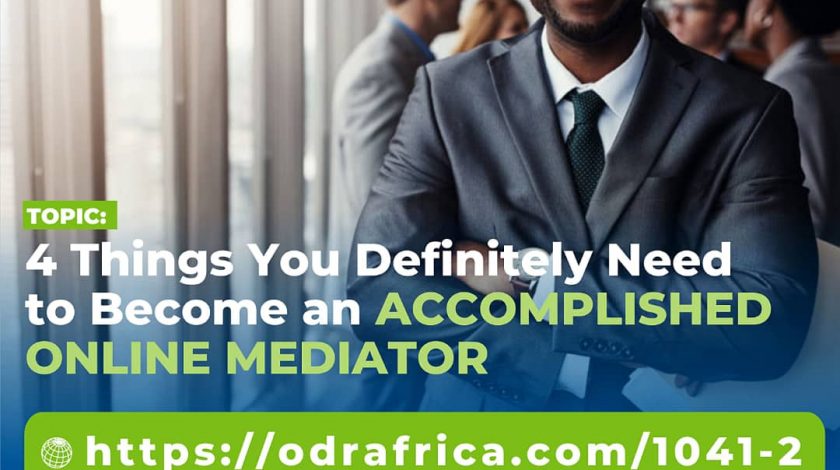After the outbreak of the coronavirus, many mediators around the world had to learn how to offer online mediation to their clients – most of them using a video conferencing software called Zoom.
If you are one of those mediators, I hope you’ll find this article useful. It is based not only on my 7-year experience using Zoom, but also on my 27-year experience mediating face-to-face and online – first by email, then via Skype, and finally via Zoom.
My answer to the question “What Do I Definitely Need to Become an Accomplished Online Mediator?” is as follows.
1 – Mediation Experience and Skills
The success of online mediation depends 95% on your mediation experience and skills. Either you have them or you don’t. It’s like a piano concert. Sure, you need a good piano. But it’s the pianist (you) who makes the difference.
To gain experience there are no shortcuts. It takes hard work and time: years of training, practice, and, most importantly, self-reflection. Regardless of the kind of disputes you mediate (commercial, workplace, family) and your mediation approach (facilitative, evaluative, transformative, narrative, or the “I don’t care” kind), there are certain basic skills you can’t do without. For example, your ability to create a rapport with the parties and earn their trust; your capacity to find out information that they would rather not reveal to you; your tact in shifting gears from the past (tell me what happened…) to the future (now that we know what happened, where do you/parties want to go from here?; your wisdom to accept that sometimes, instead of continuing to ask questions, it’s better to keep silent, and just listen to what your parties are trying to tell you.
In addition to mediation experience and skills, the list of qualities necessary to be an accomplished mediator is long – but completely useless. Why? Because your parties can tell, they can feel it when you truly care about them and know your job, or you are just doing the best you can, applying a bunch of mediation techniques.
2 – Know Zoom Inside Out
Your mediation experience and skills are not enough, though. You still need to learn how with Zoom you can do to everything you did with your clients when, before the coronavirus, you met with them at your office: e.g. Holding joint or private meetings; managing breakout rooms to conduct what is called “shuttle diplomacy”; letting people participate by phone (when necessary); sharing documents; writing up the parties’ mediated Settlement Agreement or agenda for their next mediation session.
With Zoom, you have a virtual office with 52 rooms at your disposal: a waiting room, your main mediation room, and up to 50 breakout rooms. If you already know what to do with them, because you had similar rooms at your office, then learning how to use them online is very easy – it only takes a short one-on-one, hands-on training.
Part of your knowing Zoom inside out also means knowing which of its several settings should be On or definitively Off, to avoid any missteps during your online mediation and embarrassment with your parties.
3 – Be 100% Ready, Prepared
When you mediate online, many things can go wrong. For example, a participant can suddenly lose their connection, because of a power outage or Internet outage; or the battery in their iPad or iPhone dies. Could that be a problem, a reason for your parties to get nervous or panic? Not necessarily, if you 1) know how to prevent those problems from happening; 2) know what to do about them, if they do happen; and 3) know how to reassure your parties that, if anything goes wrong when they are online, they don’t need to worry: you know how to handle it.
4 – Keep an Open Mind
When you start mediating online, you have two options.
Option 1 – You can decide to simply do online everything you were used to do in-person at your office – with no changes whatsoever, no matter how many hours that “shuttle diplomacy” of yours may take, and how exhausting it may be for your parties.
Option 2 – Once you realize why your parties’ behavior and expectations when they are online are different when they were in-person at your office, you may decide to do something about it. If so, you can learn how to adjust your mediation method, in order to make your parties’ online experience as stress-free as possible, while you continue to do your job – with calm and confidence.
Credit: mediate.com
written by: Giuseppe Leone
link: 4 Things You Definitely Need to Become an Accomplished Online Mediator

